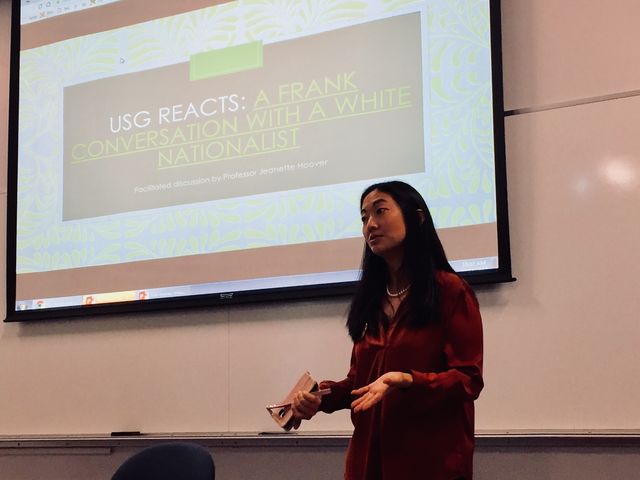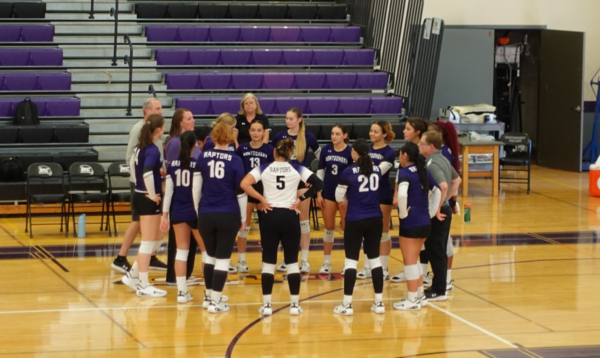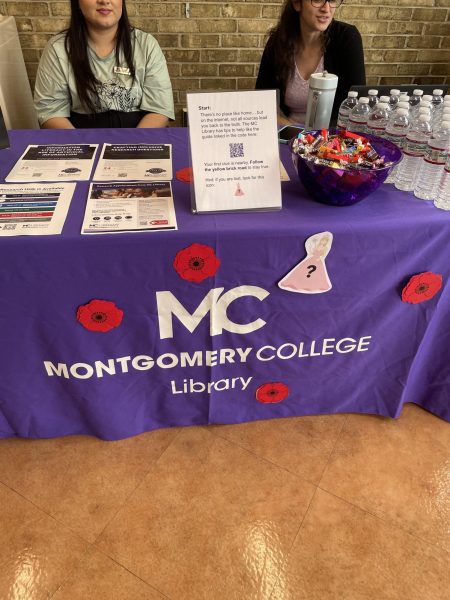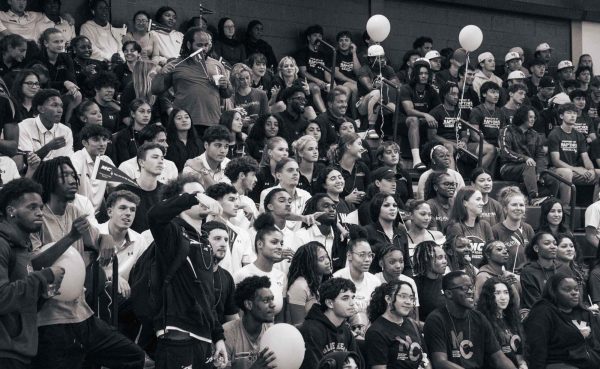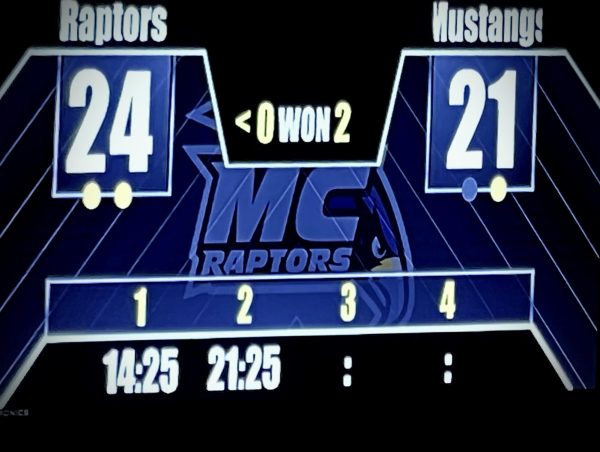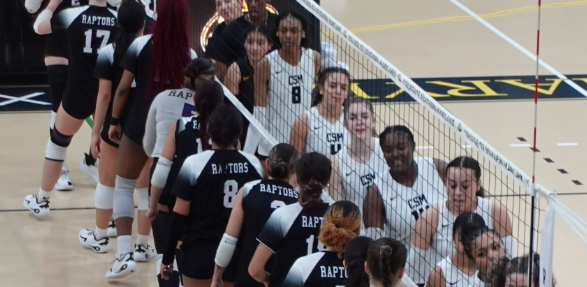A Frank Conversation with a White Nationalist at the Universities at Shady Grove
A podcast about an interview with a white nationalist was hosted as a community event by five professors at the Universities of Shady Grove. It’s part of a series called “USG Reacts”, which exposes sensitive and controversial topics in an academic environment.
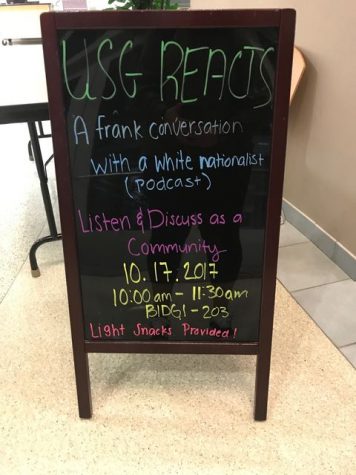
The podcast, recorded by Reveal News on Nov. 9 after President Trump was elected, has journalist Al Letson interview White Supremacist and president of the National Policy Institute Richard Spencer. The conversation revolves around Letson asking Spencer about his perspectives on Trump, Spencer’s beliefs involving his sense of Nationalism, and where he desires the nation to go in terms of achieving the “White Ethnostate” Spencer aspires for.
Spencer identifies there’s a degree of truth to how white people have leverage in the world, but he’s convinced that everyone is beginning to work against the further empowerment of white people. He is seeing a transformation of America becoming more multicultural, creating “white guilt.” “The arrow has not been pointing towards a country of and for white people,” he said.
A “White Ethnostate” is what Spencer identifies to be a “homeland” for Europeans. It’s a political state run for and by the interest of people within the European ethnic group. It’s what he calls a “safe space” for white people, free of prejudice.
Letson argues how an Ethnostate would entail the forcible removal of races whom would not comply with the standards Spencer desires within it, even saying, “because I got to tell you like I’m African-American and I’m not leaving.” Spencer replies saying, “I don’t know what history has in store for us. I don’t know how history is going to unfold.”
The entire conversation between Letson and Spencer maintains a casual, easy tone where Spencer is even heard conversationally laughing in certain areas; some compliments are interjected within the dialogue, and their voices remain lowered even when a disagreement ensues.
After the podcast was over, the audience discussed their thoughts, which were mixed. No one in the crowd is exactly having it. As the conversation boiled down, no one was in support of or agreed with what Spencer said in the podcast.
There was some degree of fascination and curiosity with how he could’ve developed such an ideology. They also pinpointed the privilege he as a white man benefits from definitely shaped his dislike for “fairness” as he said, and prefer “winning” and “dominance” and “power”.
“I think that speaks to how privilege is so embedded in how he’s looking at the world and how he’s viewing other people…he can’t even identify his background because he’s never been in a position where he necessarily has to…..You’re not aware of that, and you’re part of that privileged system. That was one of those things that came across in this (podcast), you know, the lack of awareness,” said an audience member.
Some agreed this is even more dangerous than seeing White Nationalists angry and yelling at the media typically portrays them as being. “It’s like hearing it like I can have a conversation with this person,” an audience member put it.
Andrea Milo, one of the coordinators for the event, said the other four professors, Jeanette Hoover, Irene Munster, Jess Marty, and Nicholas Bock all wanted to hear other perspectives and to have civil conversations regarding these far ideologies. “It’s easy to insulate yourself,” she said. “From an educational standpoint, it’s important to have this dialogue and to have an environment to do so safely.”
After the event was over, Milo said there were no negative responses regarding the event.


